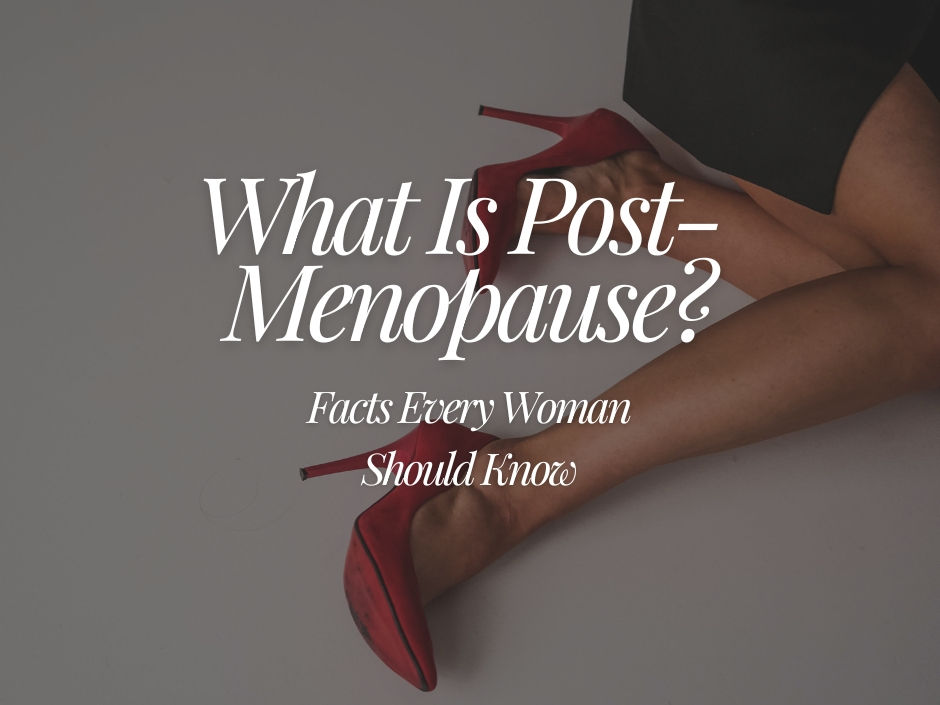Craving Coffee All Day? Let’s Talk Energy Slumps and Sleep Debt
- Victoria Harris
- Sep 5
- 3 min read

Picture this: it’s 10 AM, you’ve barely started your day, and already your hand is reaching for a second coffee. By 3 PM? You’re practically begging for caffeine or sugar to keep your eyes open. And then, ironically, bedtime rolls around… and you’re lying there wide awake, staring at the ceiling.
Sound familiar? Welcome to the vicious cycle of energy slumps and sleep debt. And if you’re navigating menopause, this rollercoaster is even more intense thanks to shifting hormones and the way they play tug-of-war with your stress hormone, cortisol.
The truth is, your coffee craving isn’t just about liking the taste (though a good latte is hard to resist). It’s your body’s SOS signal that something deeper is going on with your sleep quality, cortisol rhythm, and energy regulation.
Let’s break it down.
The Signs You’re Running on Sleep Debt
Not sure if you’re in an energy debt spiral? Here are the most common signs I see in women every week:
☕ You need caffeine to function. One cup just doesn’t cut it anymore. You rely on coffee or tea as your “on” switch instead of a little boost.
😴 You wake up feeling like you didn’t sleep. Even after 7–8 hours in bed, you drag yourself out feeling foggy, stiff, or hungover from… nothing.
📉 Your energy crashes at the same time every day. Mid-morning, mid-afternoon, or after dinner — you can practically set your watch to the slump.
🥱 You struggle with brain fog and irritability. Mood swings, forgetfulness, and “short fuse moments” often aren’t personality flaws — they’re sleep-debt symptoms.
🍫 You crave sugar or carbs in the afternoon. When energy dips, your body screams for quick fuel. Unfortunately, that only spikes (and crashes) your blood sugar further.
🛑 You’re wired at night, tired in the morning. Classic cortisol dysregulation: your stress hormones are flipped upside down, keeping you buzzing when you should be winding down and sluggish when you should be sharp.
Why Energy Slumps and Sleep Debt Happen
Here’s what’s going on beneath the surface:
Cortisol Chaos – Cortisol is supposed to be highest in the morning (helping you wake) and lowest at night (allowing sleep). But during menopause, stress, poor diet, or inconsistent routines can flip this rhythm, leaving you drained all day and wired at night.
Blood Sugar Swings – Skipping meals, too much caffeine, or sugary snacks cause glucose spikes and crashes. These crashes trigger cortisol to “rescue” you, which wakes you at 3 AM and has you dragging by 3 PM.
Poor Sleep Quality (Not Just Quantity) – You might be in bed for 8 hours, but if your REM and deep sleep are disrupted by night sweats, alcohol, or cortisol spikes, you’ll still wake up exhausted.
Gut Imbalances – A less-talked-about factor: your gut health. Since 90% of serotonin (and a lot of calming neurotransmitters) are made in the gut, poor gut function can worsen both sleep and daytime energy.
Science-Backed Solutions (That Don’t Involve More Coffee)
Here’s how to break the slump cycle and restore natural energy:
1. Reset Your Cortisol Rhythm
Get morning sunlight within 30 minutes of waking. Just 5–10 minutes helps anchor your circadian rhythm and sets your cortisol rise-fall pattern.
Keep a consistent sleep-wake routine, even on weekends. Your body loves rhythm.
2. Rethink Your Fuel
Cut caffeine after 12 PM. Yes, even if you “don’t feel it” — it’s still delaying melatonin release and disrupting deep sleep.
Swap afternoon sugar hits for protein + complex carbs (think: hummus and veggie sticks, Greek yoghurt with berries, or a boiled egg and oat crackers).
Add magnesium - and tryptophan-rich foods (pumpkin seeds, salmon, turkey, dark chocolate 70%+) to support nervous system relaxation and melatonin production.
3. Support Your Nervous System
Try a tech-free wind-down 30–60 minutes before bed. Journal, stretch, or sip herbal tea instead of scrolling.
Simple vagus nerve hacks like humming, gargling, or cold water splashes help shift you into a calm, sleep-ready state.
4. Watch Out for Hidden Saboteurs
Alcohol at night may help you nod off, but it robs you of REM and leaves you groggy.
Heavy late-night meals keep digestion going when your body should be repairing. Opt for lighter dinners earlier in the evening.
The Bottom Line
If you feel like you’re living in a permanent state of “tired but wired”, know this: you don’t have to push through it with more caffeine and willpower. By working with your sleep, cortisol rhythm, and lifestyle (not against them), you can break the cycle and finally wake up refreshed — without relying on endless coffee refills.
And here’s the best part: when you reclaim your sleep, you reclaim your energy, mood, clarity, and joy too.



